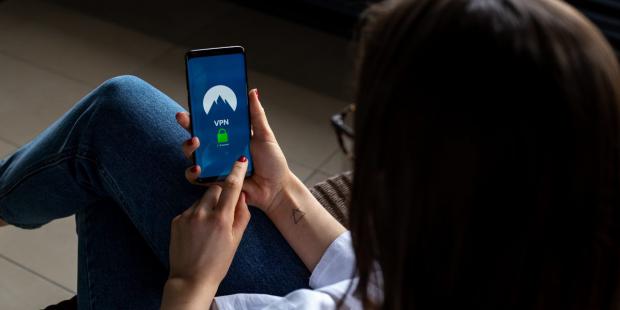
Breaking News
 The Federal Reserve is planned to inject $16 billion into the economy this week...
The Federal Reserve is planned to inject $16 billion into the economy this week...
 Dr. Rhonda Patrick: Fasting, Creatine, Brain Performance & Longevity Breakthroughs | PBD #740
Dr. Rhonda Patrick: Fasting, Creatine, Brain Performance & Longevity Breakthroughs | PBD #740
 HIGH ALERT! Americans Will Die for Israel's Evil War with Iran | Redacted w Clayton Morris
HIGH ALERT! Americans Will Die for Israel's Evil War with Iran | Redacted w Clayton Morris
 The BEST Natural Dewormer for Sheep & Goats (That Actually Works)
The BEST Natural Dewormer for Sheep & Goats (That Actually Works)
Top Tech News
 US particle accelerators turn nuclear waste into electricity, cut radioactive life by 99.7%
US particle accelerators turn nuclear waste into electricity, cut radioactive life by 99.7%
 Blast Them: A Rutgers Scientist Uses Lasers to Kill Weeds
Blast Them: A Rutgers Scientist Uses Lasers to Kill Weeds
 H100 GPUs that cost $40,000 new are now selling for around $6,000 on eBay, an 85% drop.
H100 GPUs that cost $40,000 new are now selling for around $6,000 on eBay, an 85% drop.
 We finally know exactly why spider silk is stronger than steel.
We finally know exactly why spider silk is stronger than steel.
 She ran out of options at 12. Then her own cells came back to save her.
She ran out of options at 12. Then her own cells came back to save her.
 A cardiovascular revolution is silently unfolding in cardiac intervention labs.
A cardiovascular revolution is silently unfolding in cardiac intervention labs.
 DARPA chooses two to develop insect-size robots for complex jobs like disaster relief...
DARPA chooses two to develop insect-size robots for complex jobs like disaster relief...
 Multimaterial 3D printer builds fully functional electric motor from scratch in hours
Multimaterial 3D printer builds fully functional electric motor from scratch in hours
 WindRunner: The largest cargo aircraft ever to be built, capable of carrying six Chinooks
WindRunner: The largest cargo aircraft ever to be built, capable of carrying six Chinooks
VPN's for Remote Workers: A Beginners Guide for 2019

Translated to everyday lingo, a VPN is both secure and private for individuals and organizations to send and receive data over the internet. Think of it as your secret network that gives you access to personal internal systems, plus the benefit of being able to browse the internet without minions tracking you. It gives you a way into content that you might not be able to access otherwise, such as Netflix or BBC iPlayer.
In theory, whatever you do through a VPN connection cannot be intercepted by anyone. In reality, your VPN connection is only useful if the device you are using (laptop, desktop, smartphone) has not been compromised by malware. You should load up an antivirus program to shoot down any inherent spies before using a VPN.
Why was VPN developed:
VPN was developed for remote users and branch offices to access corporate resources and applications through a secure and private network. It happens via the use of an encrypted and layered tunneling protocol. To gain access, VPN users must use passwords or certificates.

 RNA Crop Spray: Should We Be Worried?
RNA Crop Spray: Should We Be Worried?

